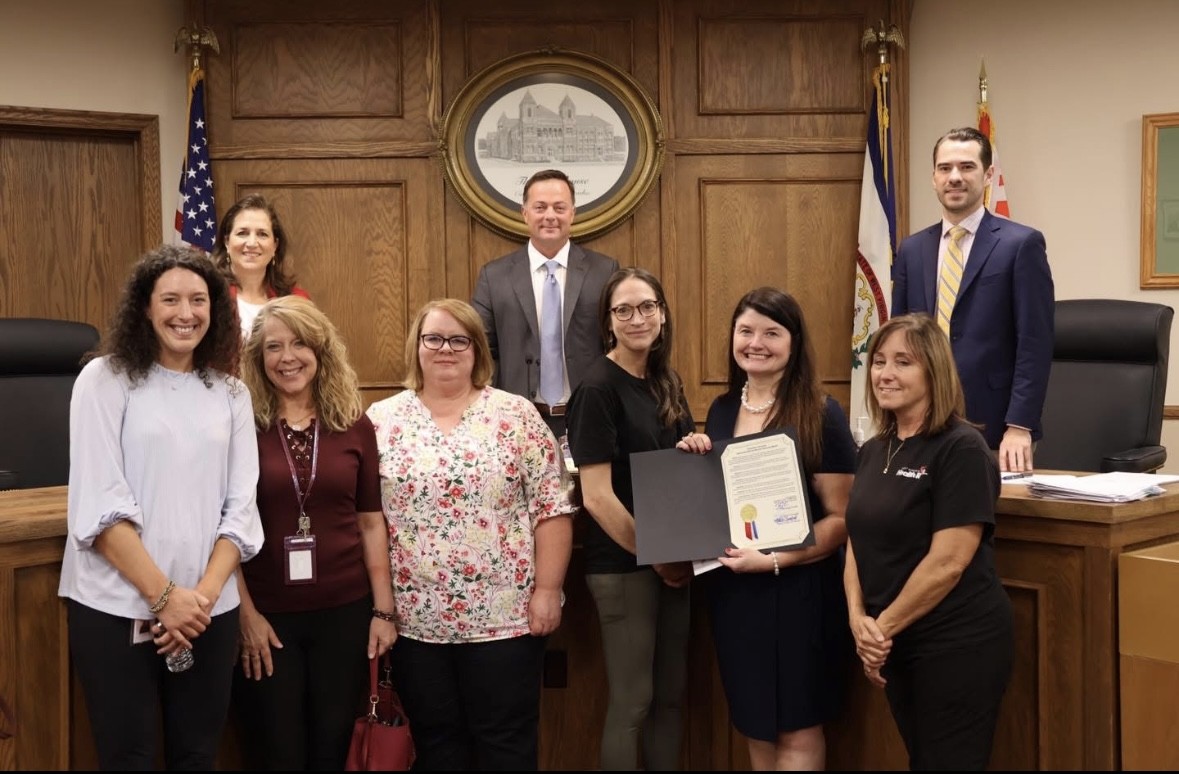Public Health Professionals Demand RFK Jr. Cease Spreading Misinformation Following CDC Shooting

Following a deeply concerning shooting at the Centers for Disease Control and Prevention (CDC) in Atlanta, a coalition of over 750 public health professionals has issued a strong rebuke to Robert F. Kennedy Jr., urging him to immediately cease disseminating inaccurate and potentially harmful health information. The letter, sent to Kennedy Jr. on Wednesday, highlights the severe consequences of spreading misinformation, particularly in the wake of a violent event targeting a public health institution.
The incident at the CDC, while thankfully resulting in no injuries, has understandably heightened anxieties and underscored the critical importance of relying on credible sources for health information. Kennedy Jr., a prominent figure who has repeatedly challenged established scientific consensus on vaccines and other public health measures, has been a frequent target of criticism from within the public health community.
The letter’s signatories, representing a diverse range of public health experts, including doctors, nurses, epidemiologists, and researchers, argue that Kennedy Jr.’s statements contribute to vaccine hesitancy, erode public trust in health institutions, and ultimately put lives at risk. They emphasize that his claims often lack scientific backing and contradict decades of rigorous research.
“We are deeply concerned by your continued promotion of misinformation regarding public health issues,” the letter states. “Your statements have the potential to undermine public health efforts and endanger the health and well-being of individuals and communities.”
The timing of this appeal is particularly poignant given the recent attack on the CDC. Public health workers have been facing increasing threats and harassment, fueled in part by the spread of misinformation online. The letter suggests that Kennedy Jr.’s actions contribute to this hostile environment and further jeopardize the safety of those dedicated to protecting public health.
Kennedy Jr. has built a following by questioning the safety and efficacy of vaccines, promoting alternative treatments, and criticizing government health policies. While he maintains that his concerns are rooted in a desire to protect individual liberty, his critics argue that his views are based on flawed science and have the potential to cause significant harm.
The public health community is increasingly vocal in its efforts to combat misinformation and promote evidence-based health practices. This letter serves as a powerful reminder of the importance of responsible communication and the potential dangers of spreading false or misleading information, especially during times of crisis. The signatories hope that Kennedy Jr. will reconsider his stance and prioritize the health and safety of the public over personal agendas. They believe that collaboration, not division, is essential to addressing the complex health challenges facing our nation.
The letter concludes with a plea for Kennedy Jr. to “use your platform to promote accurate health information and to support the vital work of public health professionals.” The incident at the CDC serves as a stark reminder of the fragility of public health infrastructure and the urgent need to protect those who dedicate their lives to safeguarding the well-being of communities.






